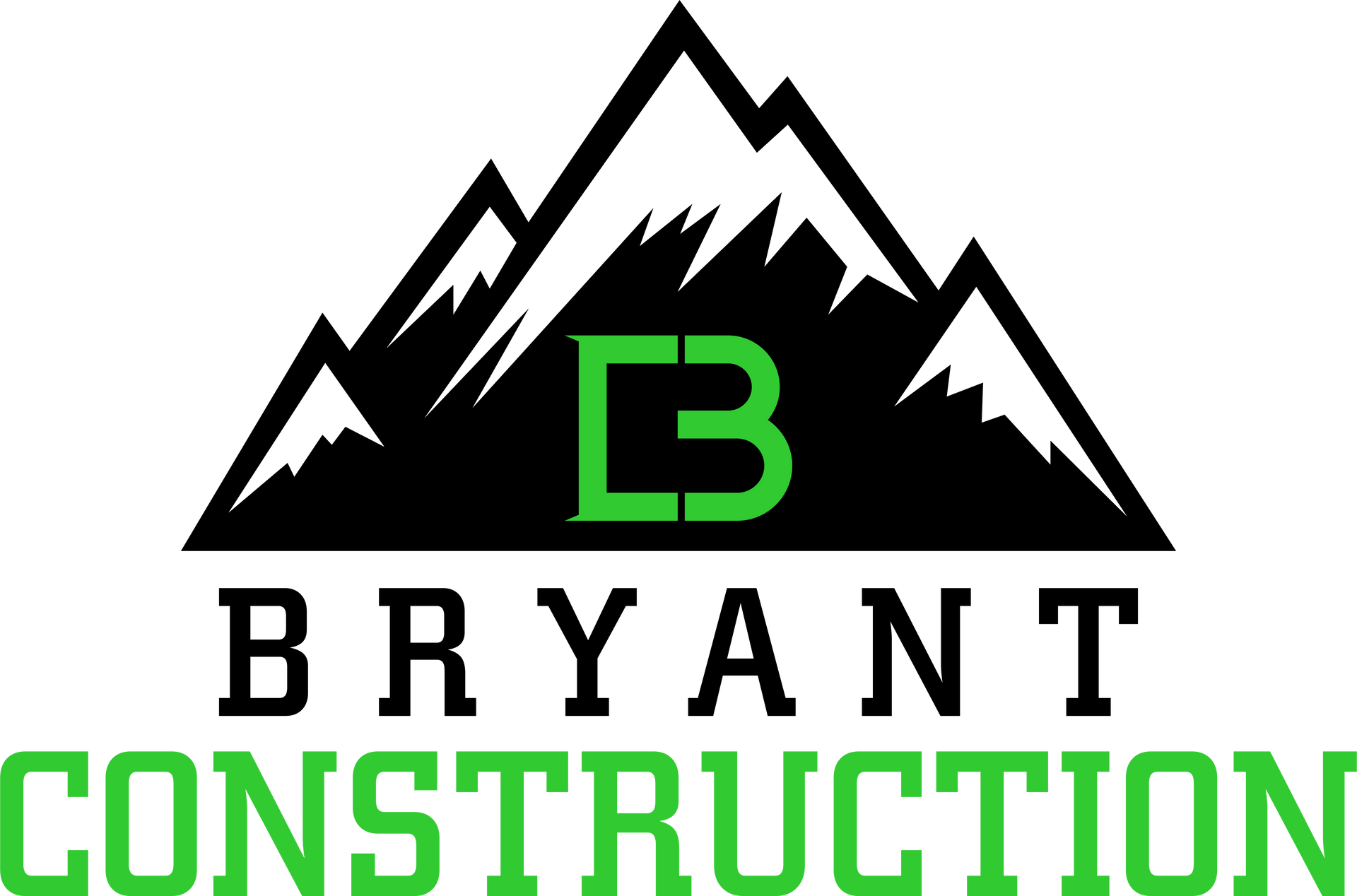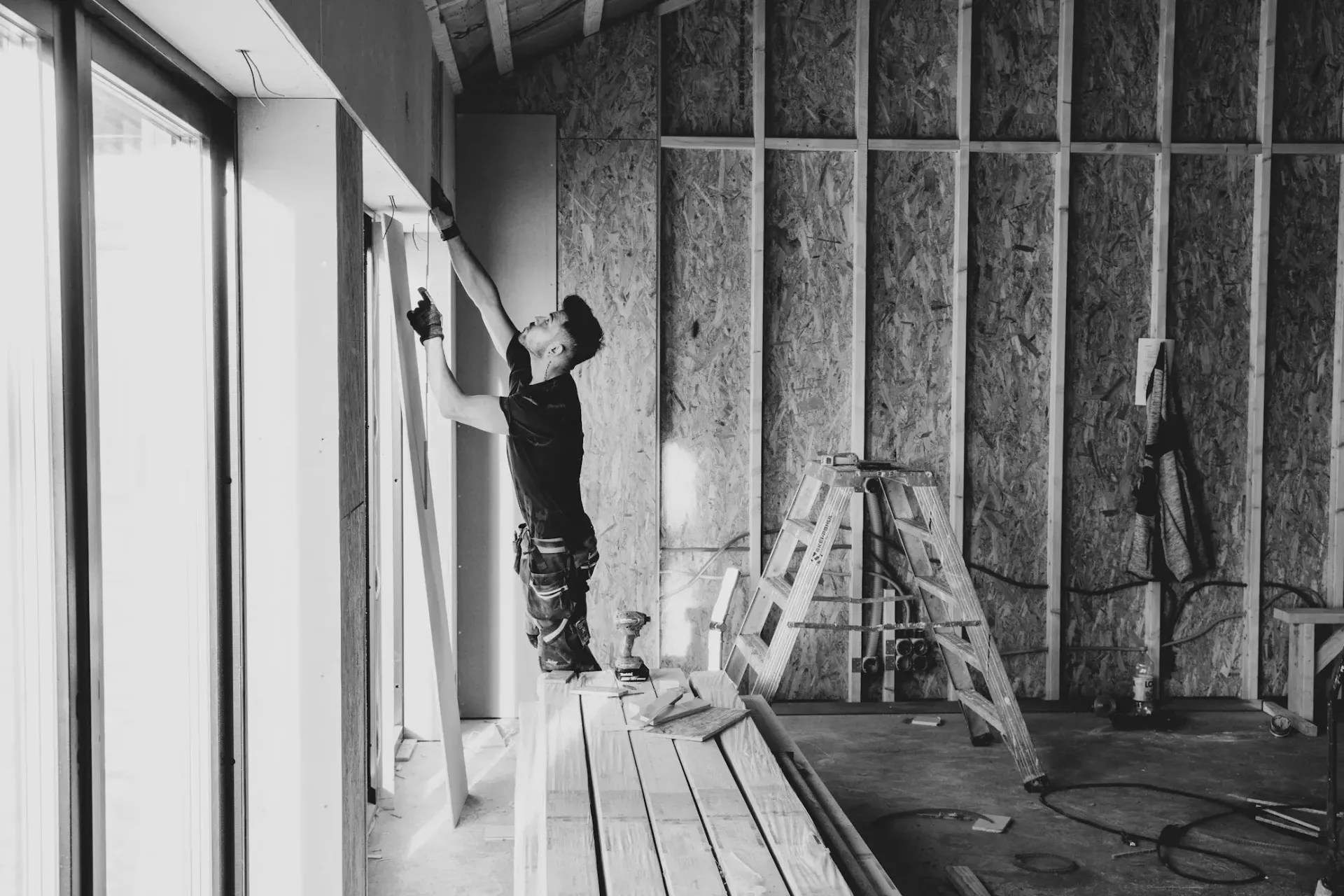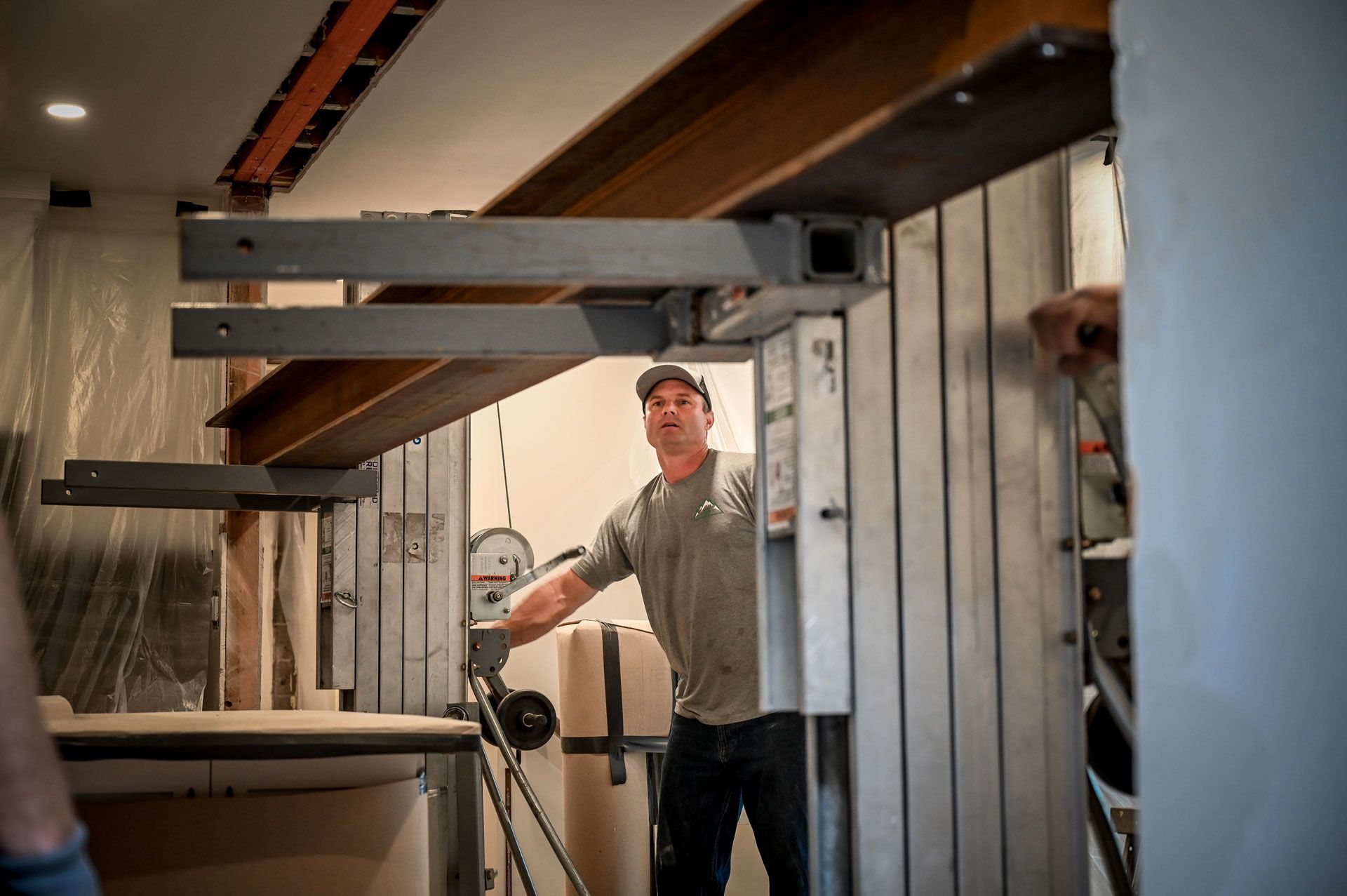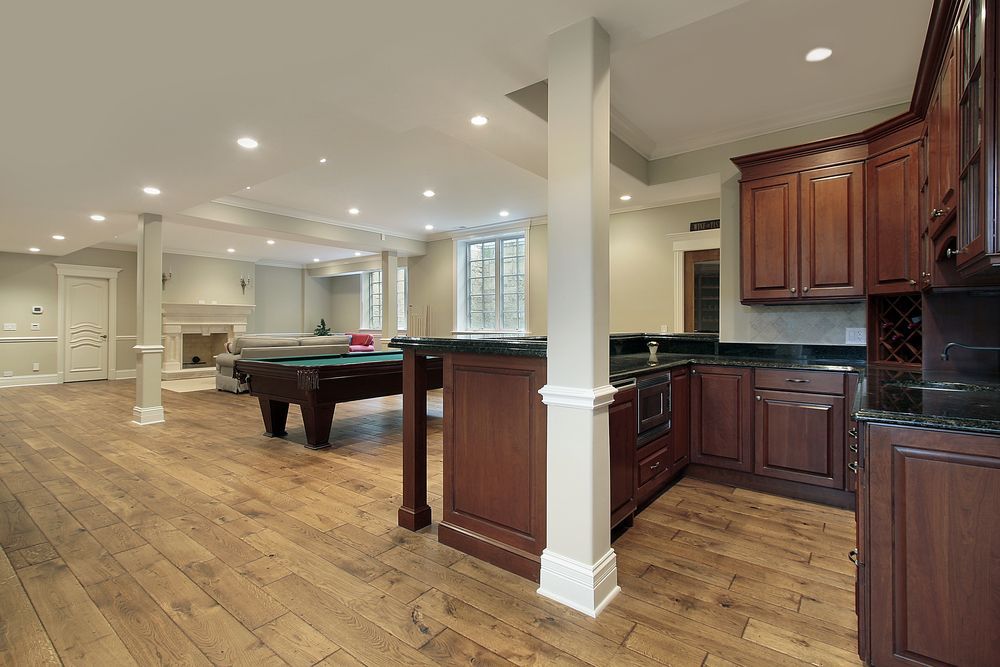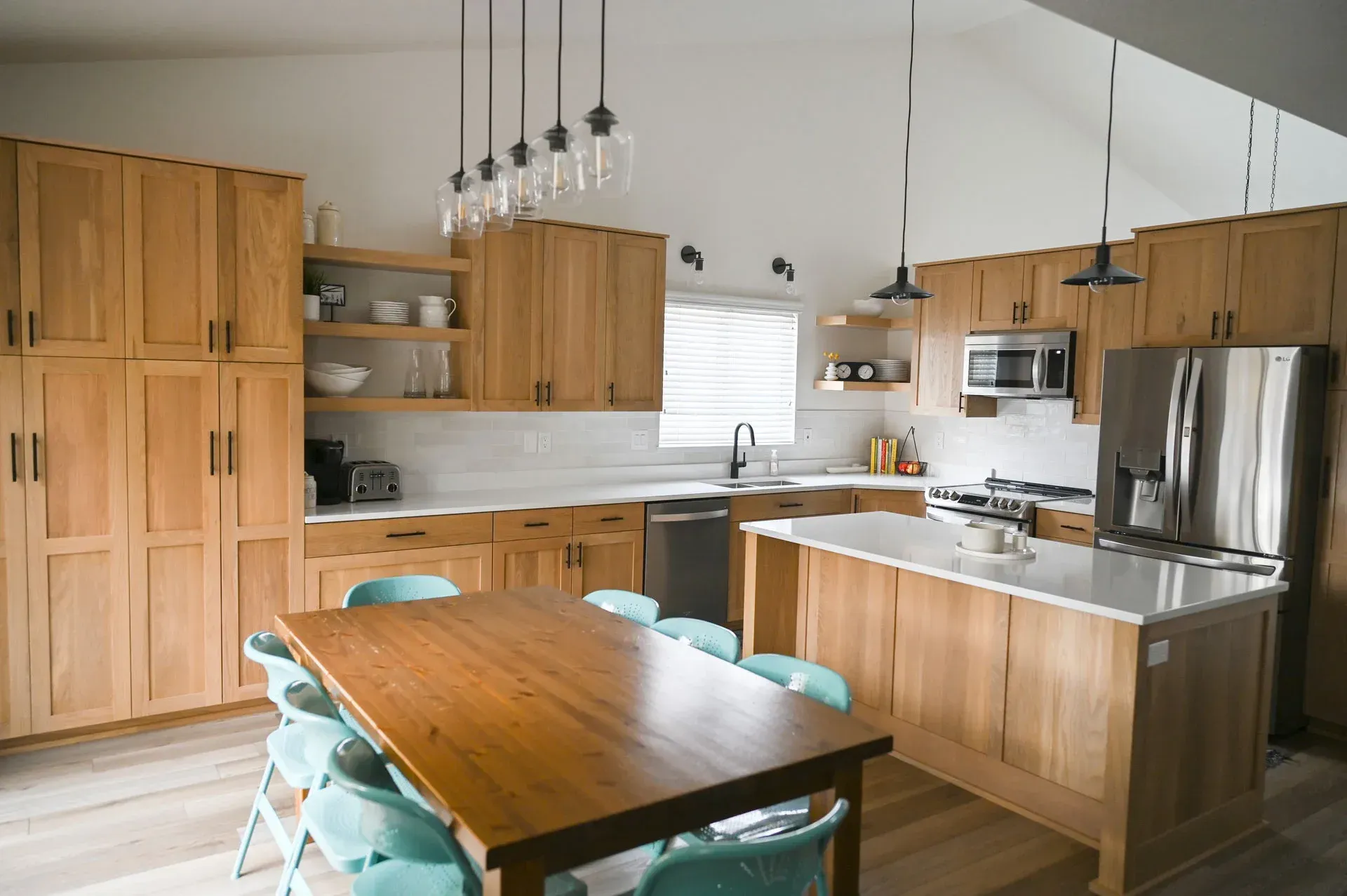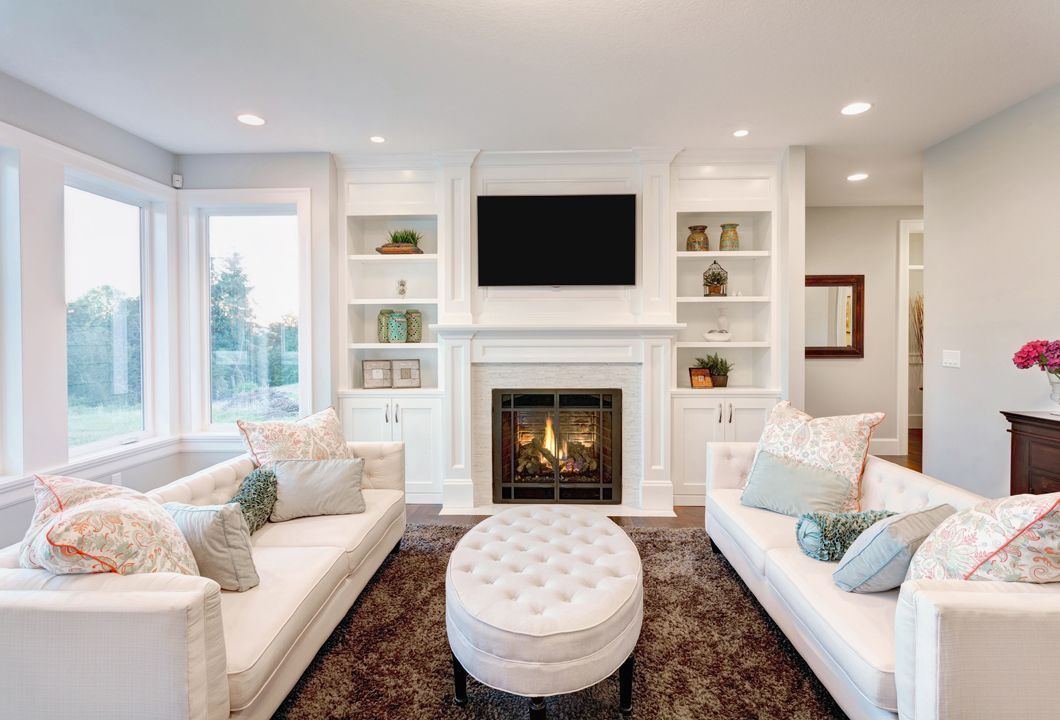How Long Do Home Renovations Take?
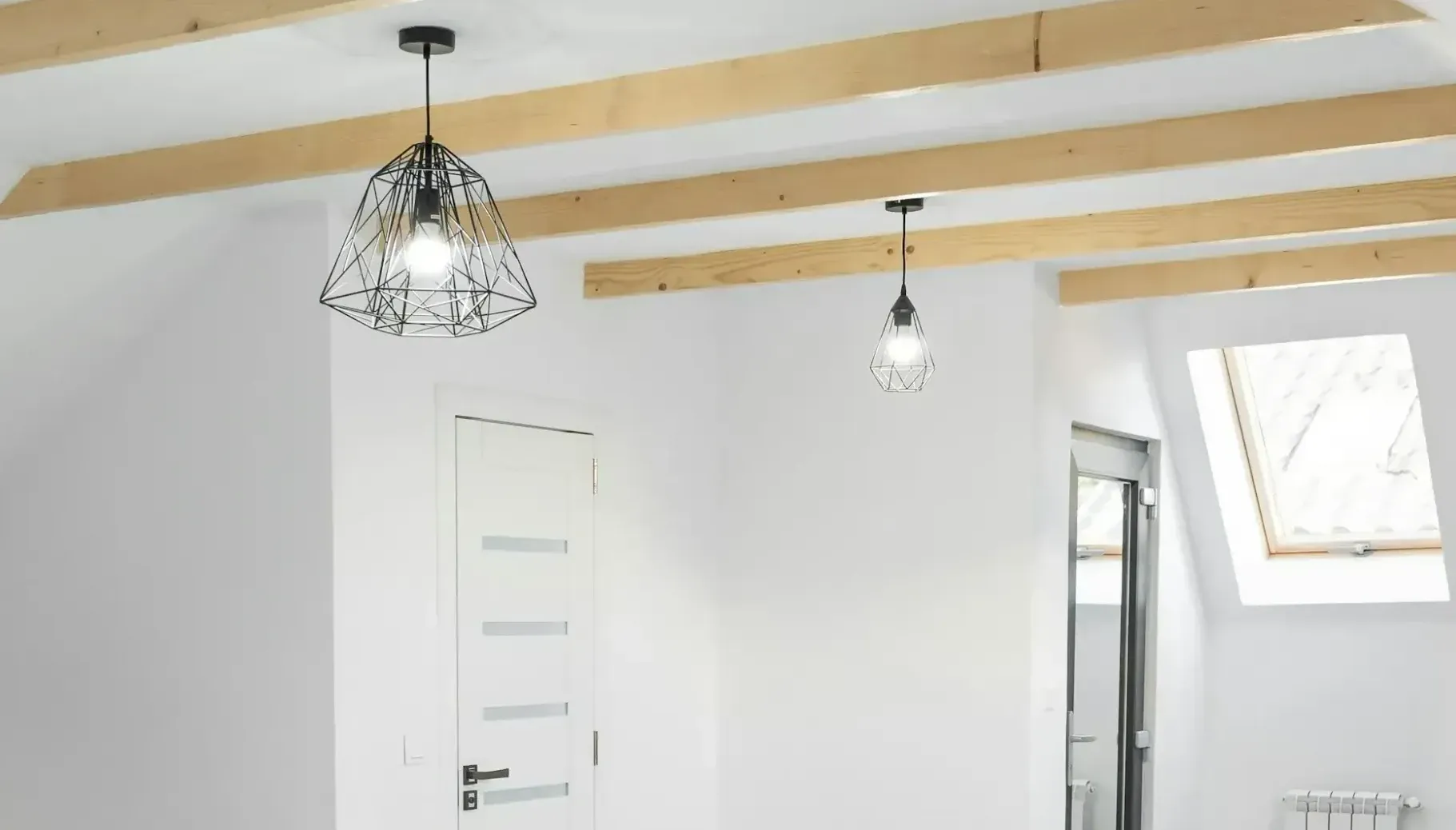
One of the first things homeowners ask before undergoing a remodel is “how long do home renovations take?” It’s a good question, given how vital it is to understand home renovation timelines for budget tracking, stress reduction, and goal establishment.
It’s impossible to pinpoint a single duration for all home renovations, as each project is different. But the timeframe will vary depending on various factors, like the project scope, contractor availability, and even forecasted weather conditions.
Still, with adequate planning and deadline tracking, you can minimize renovation delays and unexpected budgeting issues.
Read on to learn more about how long home renovations take.
Average Duration of Common Home Renovation Projects
Although there’s no blanket timeframe for renovations, certain projects tend to follow defined time ranges. And homeowners can use them as a guide during the remodel planning process:
- Kitchen renovations (1-2+ months). Kitchens tend to take the longest since they involve plumbing, electrical work, cabinetry, and appliance installation. Renovation timelines could be extended further in situations where layout changes or special finishes are necessary.
- Bathroom renovations (a few weeks). Bathrooms tend to go a little faster than kitchens, but they may still require plumbing, tiling, and fixture installation. Unexpected issues like water damage can also result in longer timelines.
- Living room or bedroom renovations (1-2 weeks). Unlike the above options, living rooms and bedrooms don’t usually take very long. Cosmetic updates to flooring, painting, and light fixtures can usually be completed in days. But you may be in for slightly longer project timelines when making structural changes or adding built-in storage.
Your contractor’s availability and the scope of your project also dictate how long renovations will actually take. An experienced contractor with open availability will work quickly and efficiently with minimal hangups or delays. Also, the larger and more complex your project is, the longer it will take.
Key Factors Affecting Renovation Timelines
There are four main factors that could possibly affect your renovation timeline:
- Contractor selection and availability. Your contractor is one of the biggest influences on project speed and progression. The best contractors might come with longer wait times, but once they start on your project, they’re likely to finish quickly due to their expertise and learned efficiencies.
- Weather and seasonal changes. For exterior renovations, the weather is an ever-present risk to your timeline. Rainstorms, snowstorms, freezing temps, and heat advisories can all stop a project in its tracks. But if you schedule your project during the off-season (during the fall or winter), you may be able to speed things up considerably. Contractors usually aren’t as busy and may have wider availability.
- Unexpected delays. It’s normal, and sometimes expected, for delays to come up during a renovation project. It could be due to supply chain issues, permit holdups, or even structural issues within the home.
These risks may be disheartening to read about, but careful planning and contingency strategies can help you stay on track, minimize disruptions, and keep your renovation moving forward.
Tips for Effective Renovation Time Management
Overall, the key to a timely and successful home renovation project is to come up with a realistic renovation schedule and stick to it.
Break the project down into defined phases with solid milestones and forgiving deadlines; demolition, framing, plumbing, and finishing touches are a few milestones to consider. Always work flexibility into your plans, given the inherent risk of delays. That way, if things fall behind, there’ll be a buffer in place to prevent the total derailment of the schedule.
In addition to that, regularly check in with your contractor (weekly or even daily depending on the project). Ongoing communication can help with alignment and provide opportunities to make changes as issues surface.
And whenever possible, use renovation time tracking tools and software to support your project management goals. This technology is indispensable because it:
- Keeps projects organized by clearly mapping out each phase and task.
- Improves accountability with clear deadlines for contractors and homeowners.
- Provides real-time updates so you can track progress and spot delays early.
- Simplifies communication by keeping all notes, schedules, and changes in one place.
Takeaways
Pulling off a home renovation takes so much more than a vision. It requires strategic planning with mindful consideration of project timelines. When you set flexible schedules, anticipate delays, utilize available tools, and pursue professional home renovation services, you can keep your project on course with minimal stress or surprise costs. With this approach, you set yourself up for a truly successful renovation project.
